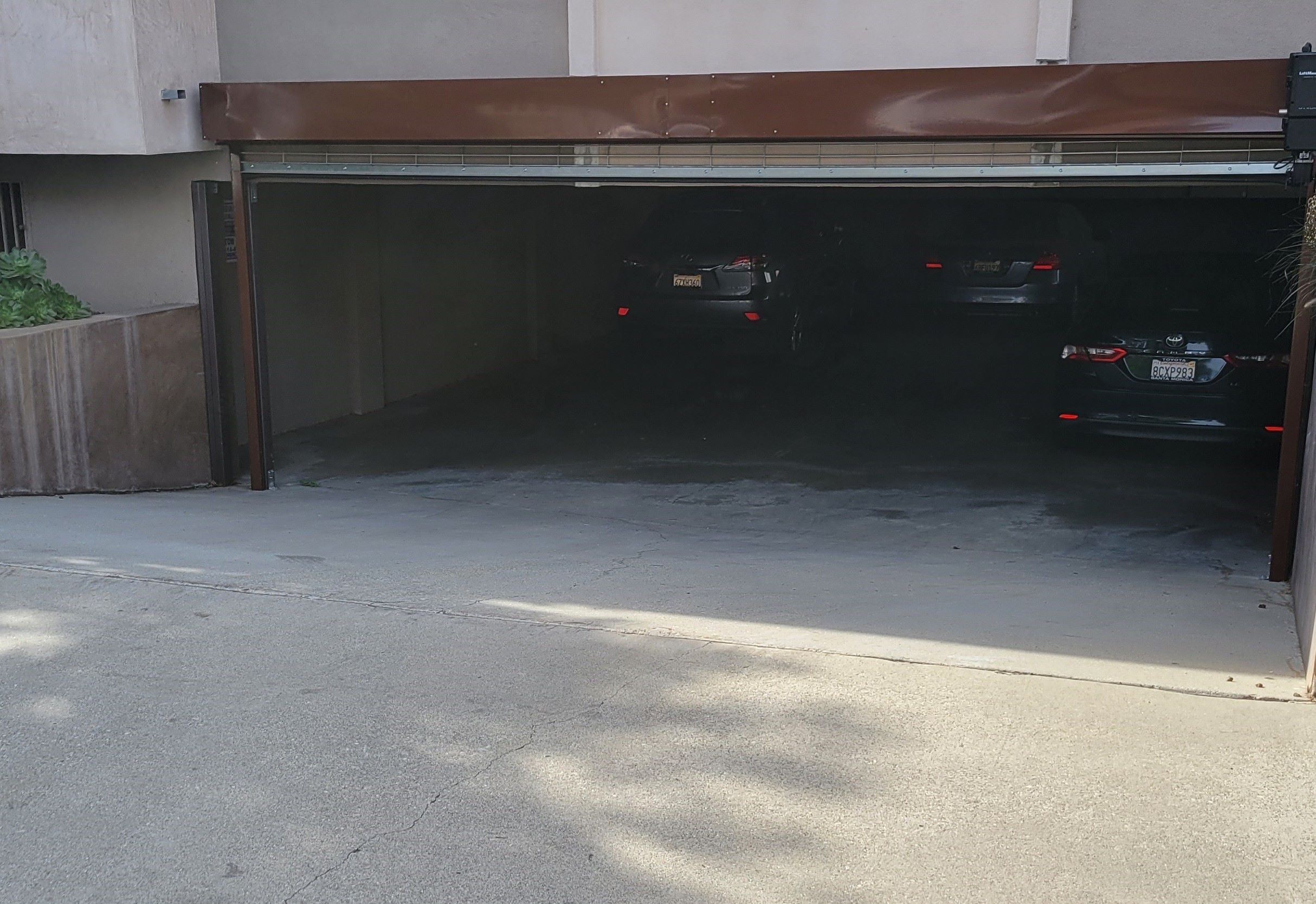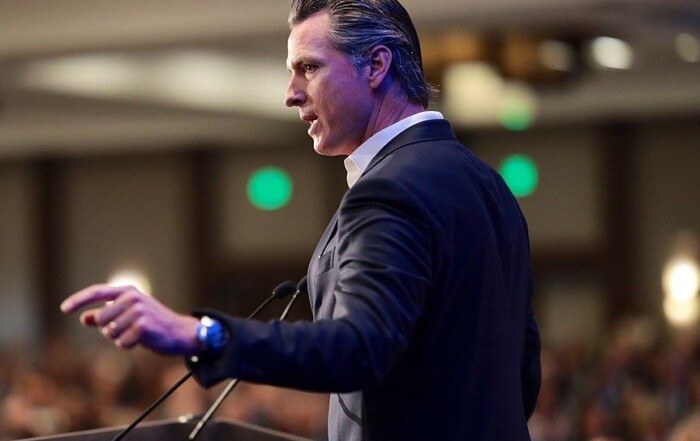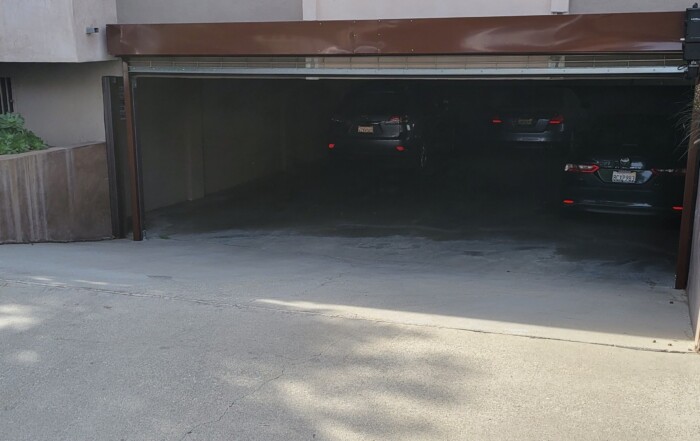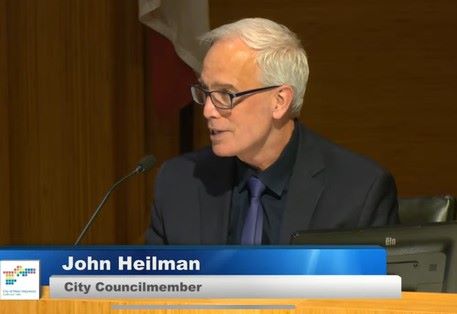On Monday, the West Hollywood City Council unanimously adopted a resolution to amend the deadlines for milestone compliance timelines established for existing wood-frame buildings with soft, weak, or open front walls.
In May 2015, the West Hollywood City Council directed city staff to identify types of structures that have performed poorly in past earthquakes and develop a framework for a seismic retrofitting program.
The city identified three main building types that need to be strengthened. There are 738 buildings identified as soft, weak, or open front (SWOF). 27 identified as non-ductile concrete, and 16 identified as having a pre-Northridge steel moment frame.
SWOF buildings are vulnerable to severe damage and collapse during an earthquake. The first floor can fold under the weight of the upper floors, crushing anything below. SWOF buildings are often characterized by their large open areas for parking several cars deep or commercial space on the first floor. Walls with mostly door or window openings, with little structural wall framing, and a lack of walls or frames on the first floor.
A non-ductile concrete building is a structure built before modern building codes vulnerable to collapse or severe damage during an earthquake. Many buildings constructed before 1977 are non-ductile concrete buildings except for detached single-family dwellings and detached duplexes.
Non-ductile concrete buildings are a major contributor to earthquake losses around the world. They pose a significant life safety hazard, especially in high-rise buildings and those with high occupancies.
The pre-Northridge steel moment frame is made of vertical columns, horizontal beams, and connections that join them together. The columns are anchored to the foundation using steel base plates.
In 2017, the city council adopted ordinances requiring the evaluation and strengthening of the three building types.
In the same year, the City Council formally adopted an Ordinance establishing a framework for the seismic retrofit of two types of existing buildings. Retrofitting a building can involve altering or adding structural elements.
The ordinance establishes the following provisions:
- Mandatory strengthening provisions for existing wood-frame buildings with Soft, Weak, or Open-Front Walls.
- Voluntary strengthening provisions for cripple walls and sill plate anchorage in existing wood-frame buildings.
In 2019, Building and Safety launched the seismic retrofit program when the city sent Notices to Comply to property owners of SWOF buildings beginning in April 2019. Property owners were given five years to comply.
In 2020, COVID-19 caused significant delays in the construction industry and deadlines were extended under an emergency order giving property owners additional time extending the deadline to 2028, depending on the date of the notices.
Owners have been submitting screening reports and retrofit plans as well as completing the construction of their retrofits. To date:
- 506 have “completed screening reports”
- 314 have “completed SWOF retrofits”
- 39 are “SWOF retrofits under construction”
- 103 are “SWOF retrofits in plan check”
- There are an additional 36 under “Screening reports in plan check”
- 85 are “SWOF exempt buildings”
- 189 have taken no action
There are currently no proposed changes to the West Hollywood Municipal Code Chapter 13.28 “Mandatory Seismic Strengthening Provisions for Existing Wood-Frame Buildings with Soft, Weak or Open-Front Walls.”
Property Owners of Non-Ductile Concrete/Pre-Northridge Steel Moment Frame building types received notices to comply at the end of 2023 and April 2024.
The council motion reads, “The ultimate goal of the mandatory seismic retrofit ordinance is to improve public safety and strengthen the city’s existing vulnerable building stock to reduce the risk of collapse during a significant seismic event.”
City staff launched a program in 2022 to make grant funds available to assist property owners with their retrofits, but in 2023 the program was put on hold by the California Governor’s Office of Emergency Services (Cal OES) and the Federal Emergency Management Agency. The program resumed in May of 2024.
Property owners who are not in compliance can be fined $1,000.
Photo by Todd Flora.
Stay informed. Sign up for The Westside Voice Newsletter
By clicking submit, you agree to share your email address with Westside Voice. We do not sell or share your information with anyone.








